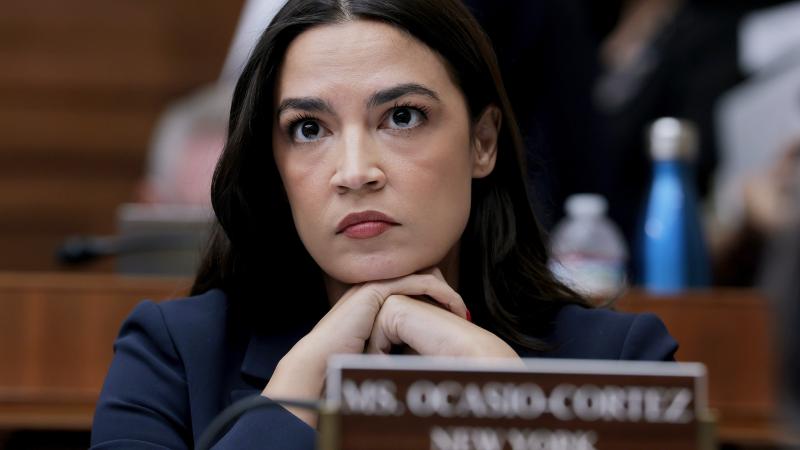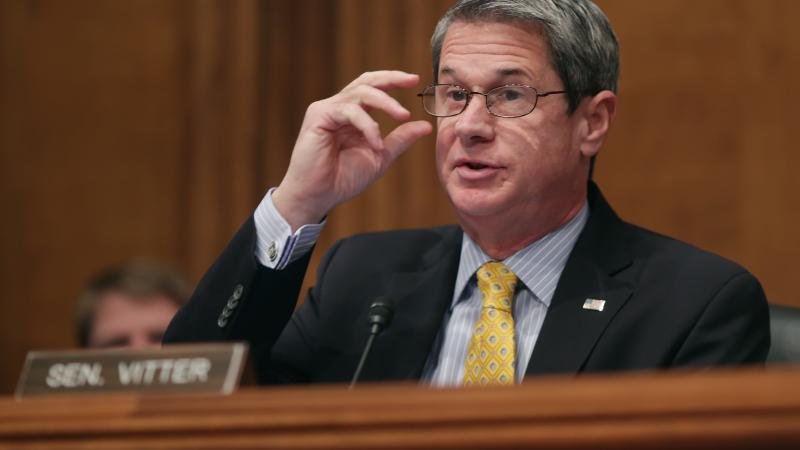Nadler: 'Eliminating' private insurance could pay for 'Medicare for all' without raising taxes
Nadler says raising taxes to pay for Medicare for all is 'not a discussion we have to get into' during the 2020 campaign
Rep. Jerry Nadler (D-N.Y.), chairman of the House Judiciary Committee, suggested Friday that Congress could pay for a "Medicare for all" health care system without raising taxes by eliminating private insurance entirely.
During a discussion with the Medicare for All Caucus, Nadler repeated some of the objections that critics of single-payer health care have raised including, "How are we going to pay for it?" and "We're going to have to raise taxes and all."
Nadler recommended that Democrats stop engaging in the tax increase debate.
"The entire mechanism, half a trillion dollars a year of private insurance, and not only the money for the profits, but the money for the markets segmenting; the money for the entire administration that all the insurance companies do; the money that all the hospitals and the doctors have to spend to deal with the bureaucracy of insurance companies – that's half a trillion dollars a year, all of which could be spent on medical care, instead of being spent on either profits or just administrative costs," Nader said during the discussion.
"It's a huge amount of money and we could institute a Medicare for all system without increasing taxes. I mean, that's not a discussion we have to get into because the cost savings from just eliminating the private insurance leech on the system would pay for all of Medicare for all, all the services, everything we're talking about and when we get to debating this on a political level, again, we ought to be emphasizing that," he added.
Nadler urged Democrats to begin making his argument in favor of Medicare for all on the campaign trail in this election cycle.
"I don't understand why we didn't point this out enough and we must in the future," he said.
Such an argument will continue to face strong opposition from the country's estimated $900 billion private insurance industry and those opposed to a completely government-run health care system.
During the 2020 Democratic presidential primary, Sen. Elizabeth Warren (D-Mass.) estimated that a Medicare for all system would require about $20 trillion in new federal spending over a 10 year period. The campaign of Sen. Bernie Sanders (I-Vt.) projected that his Medicare for all plan would cost $17.5 trillion over a decade to cover everyone residing in the country.
















